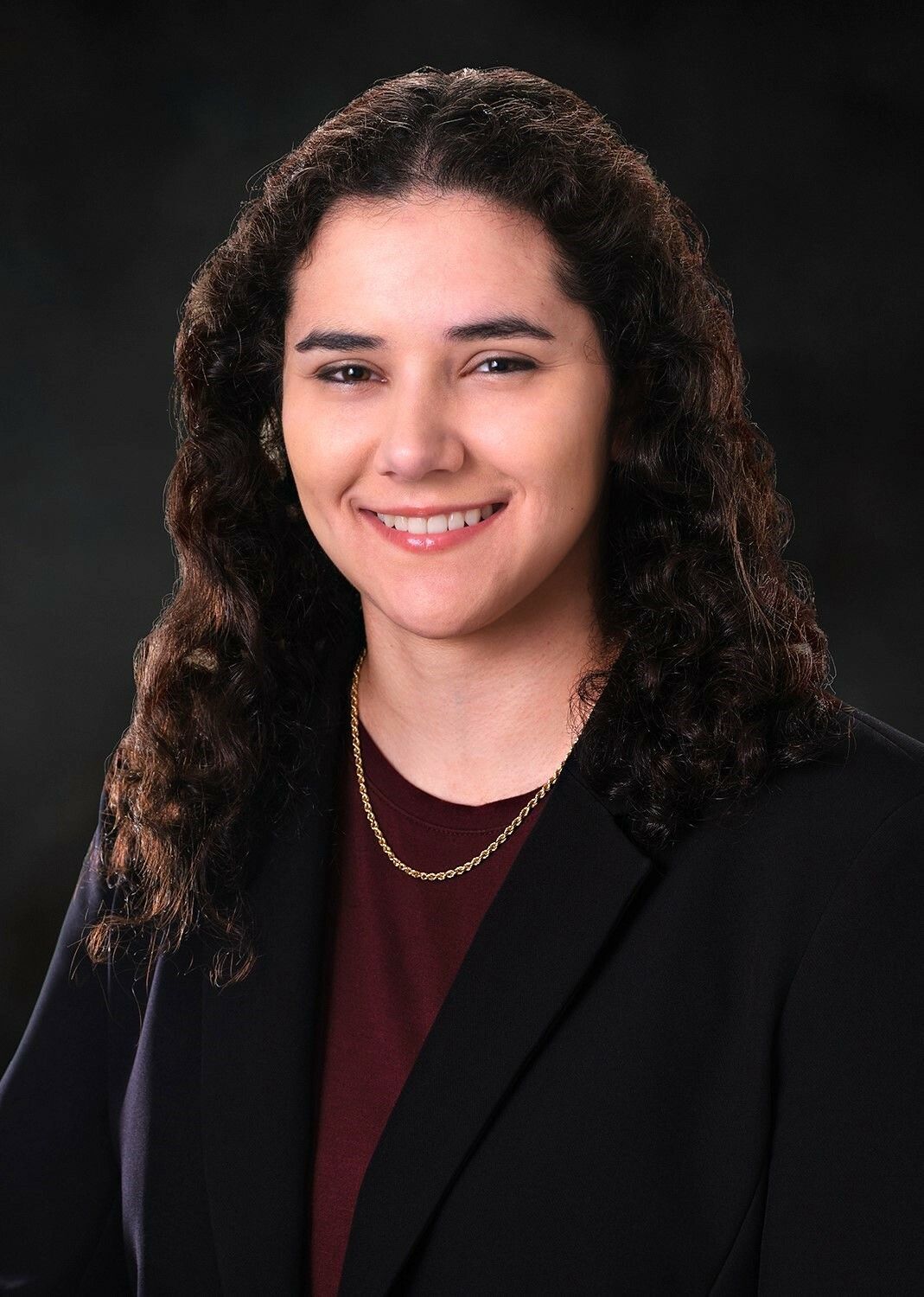TAX RAMIFICATIONS FOR AN S-CORPORATION RELATIVE TO FICA WITHHOLDINGS
TAX RAMIFICATIONS FOR AN S-CORPORATION RELATIVE TO FICA WITHHOLDINGS
A majority of American small businesses use the s-corporation form of doing business (i.e. dentists, opticians, and even retailers). The main reason is that an s-corporation is a pass-through entity, meaning the net earnings of the s-corporation are passed through to the shareholders of the company and reported on their individual income tax returns. This may seem simple enough for accounting principles but the tax ramifications can be substantial.
Specifically, if, as is the case in most situations, the shareholder of the s-corporation is also an employee, there are two categories of payments to the shareholder/employee (not including loans, repayment of loans and return on capital investment): (1) wages and (2) shareholder distributions, i.e. dividends. Working with these two categories, it is important that the shareholder/employee understand the options available to minimize taxable income.
With regard to wages paid to the shareholder/employee, the wages are treated like wages paid to any other non-shareholder employee. The IRS requires that the s-corporation withhold employee payroll taxes (social security and medicare) from the paycheck, which breaks down as follows:
2012 Social Security Tax and 2012 Medicare Tax Rates
For 2012, the employee tax rate for social security is 4.2%.
The employer tax rate for social security remains unchanged at 6.2%.
The 2012 social security wage base limit is $110,100.00.
In 2012, the Medicare tax rate is 1.45% each for employers and employees, unchanged from 2010. There is no wage base limit for Medicare tax.
With regard to shareholder dividends, the IRS treats them differently because they are considered to be a return on the employee/shareholder's investment in the s-corporation and, thus, not wages for services performed on behalf of the s-corporation. While the employee/shareholder must include the dividend on his or her income tax return (Schedule F), the dividend is not subject to FICA tax and is not considered self-employment income subject to self-employment tax.
An example will best illustrate the difference in tax treatments between wages and dividends:
Scenario 1:
Joe Widget creates Widget , Inc. and selects to be treated as an s-corporation. He is the sole shareholder and is also an employee that builds the widgets for the corporation. In 2012, Widget, Inc. pays Joe $100,000.00 in wages and does not issue a dividend. The FICA calculation for the wages paid to Joe is as follows:
· FICA withholding from Joe's paycheck: $5,650.00 (5.65% x $100,000.00)
· Employer (Widgets, Inc.) pays from s-corp. funds: $7,650.00 (7.65% x $100,000.00)
· Total amount of FICA tax paid to IRS: $13,300.00
Widgets, Inc. will issue a W-2 to Joe showing wages paid in the amount of $100,000.00 that he must report as income on his 1040 tax return for 2011.
Scenario 2:
In contrast to Scenario 1, Widgets, Inc. elects to pay Joe $50,000.00 as wages for his services and the remaining $50,000.00 is issued to Joe as a dividend. The FICA calculation for wages paid to Joe is as follows:
· FICA withholding from Joe's paycheck: $2,825.00 ($50,000 x 5.65%)
· Employer (Widgets, Inc.) pays from S-Corp. funds: $3,825.00 ($50,000 x 7.65%)
· Total amount of FICA tax paid to IRS: $6,650.00
Joe will receive a W-2 for $50,0000.00 for wages paid for his services to Widgets, Inc. The $50,000.00 issued as a dividend to Joe will be reported on his Schedule F of his tax return and it will not be subject to self-employment tax.
Which Scenario Is Best?
The answer to this question depends on many factors ( e.g. does employee need monthly paychecks, does corporation want to show higher dividends for purposes of securing capital investors, etc.) As is evidenced above, by withholding regular payments to Joe that would have been in the form of wages or salary, there is an overall tax savings of $6,650.00. Irrespective of the best scenario, the employee/shareholder must always first consider the possibility of being selected for a tax audit because the IRS has promised to target s-corporation returns based on the above described issue. In my next article, I will discuss the IRS position on this issue and how to best comply with the IRS requirements.
This blog is not intended to create an attorney/client relationship or provide legal advice. Please contact the author if you have any questions or comments regarding the subject matter.










